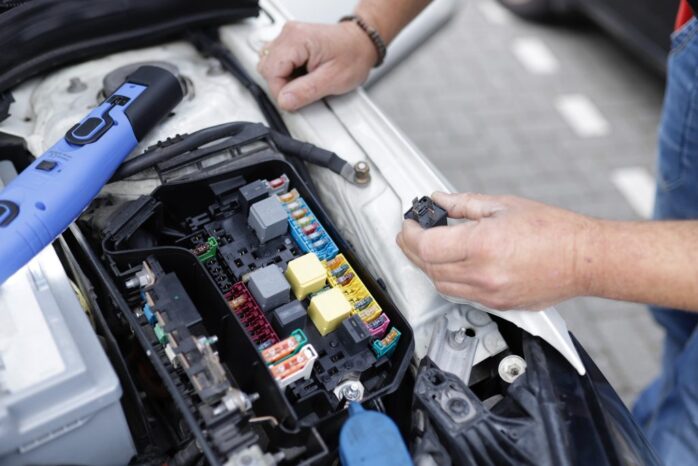
Chiptuning tools are essential in the world of automotive performance enhancement, focusing on reprogramming the Engine Control Unit (ECU) of vehicles. By adjusting the software that controls various engine parameters, these tools can significantly improve power output, efficiency, and overall vehicle performance. The critical decision in this field lies in choosing between Master and Slave chiptuning tools. Each type offers different capabilities and limitations, impacting the scope and effectiveness of the tuning process. This blog post aims to demystify these two types of equipment, helping enthusiasts and professionals alike make informed decisions.
Understanding Chiptuning
Chiptuning, at its core, is the process of modifying or optimizing the software within a vehicle’s ECU to improve its performance. This practice involves adjusting parameters such as fuel injection rates, ignition timing, and boost pressure in turbocharged engines. These changes can lead to significant enhancements in power output, fuel efficiency, and the overall driving experience. Chiptuning is not just about increasing horsepower; it’s about fine-tuning an engine to meet specific performance goals while maintaining, or even improving, its reliability and efficiency.
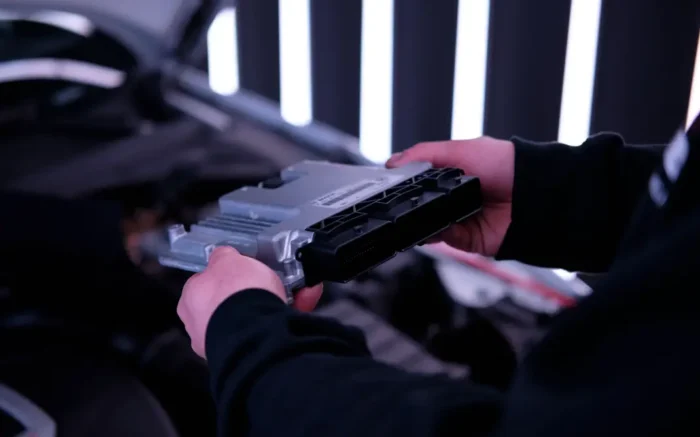
What are Master Chiptuning Tools?
Master chiptuning tools and Chiptuning slave tools are designed for complete control over the tuning process. They provide users the ability to read, write, and modify the ECU’s data. These tools are particularly suited for professionals who require the flexibility to develop custom tuning files for various vehicles. Master equipment are not restricted to pre-set tuning maps; they allow tuners to create bespoke solutions tailored to individual vehicles and their specific needs. This level of control makes Master equipment a preferred choice for tuning specialists who seek to push the boundaries of what’s possible in automotive performance enhancement.
Benefits of Using Master Chiptuning Tools
Master chiptuning tools offer a range of advantages, particularly for those who specialize in vehicle tuning. The primary benefit is the unparalleled level of control and customization they provide. With these equipment, tuners can create and modify tuning files to exact specifications, tailoring them to a vehicle’s unique characteristics and the owner’s preferences. This flexibility enables the development of highly optimized and bespoke tuning solutions. Additionally, Master tools often support a wide range of vehicle makes and models, making them versatile equipment for professionals working with diverse vehicle fleets.
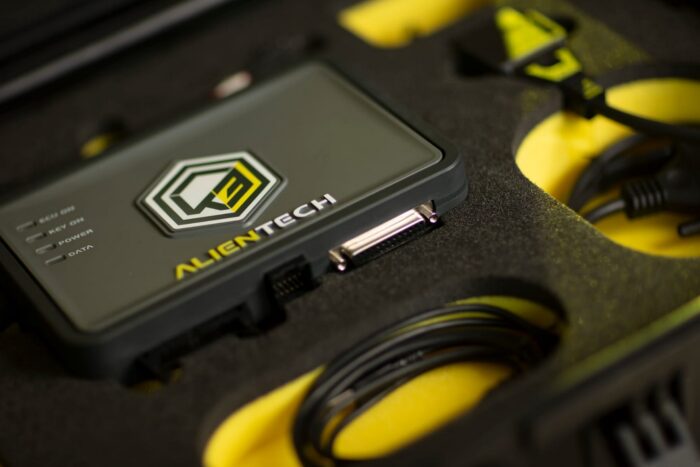
What are Slave Chiptuning Tools?
Slave chiptuning tools are designed to be more user-friendly and accessible, but they come with certain limitations. Unlike Master tools, Slave equipment do not allow users to modify the tuning files directly. Instead, they are typically locked to a single Master tool and can only use tuning files provided by that Master. This design makes Slave equipment suitable for individuals or workshops that do not require the advanced capabilities of Master equipment but still want to provide chiptuning services. They are simpler to operate and often less expensive, making them a good entry point for those new to the field of chiptuning.
Limitations of Slave Chiptuning Tools
While Slave chiptuning tools are more accessible and user-friendly, they have notable constraints. The most significant limitation is their dependency on a Master tool for tuning files. This reliance means that Slave users cannot modify or create custom tuning files; they can only use pre-existing files provided by the Master tool’s owner. This lack of flexibility can be a drawback for those seeking to offer tailored tuning solutions or work on a wider range of vehicles. Additionally, Slave tools may not support as many vehicle models as Master tools, potentially limiting their usability in diverse automotive contexts.
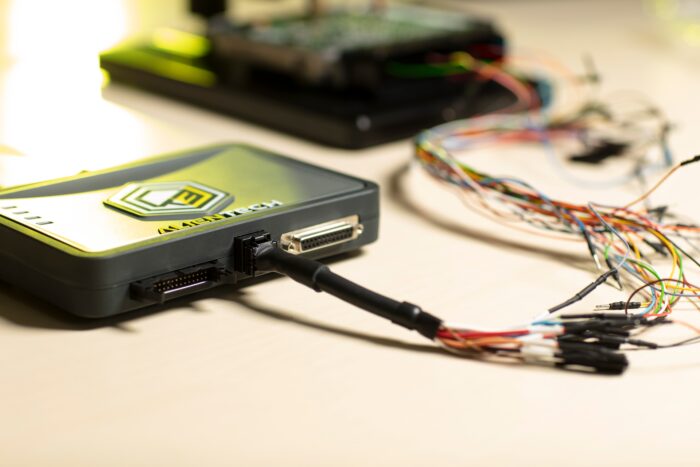
Cost Considerations
The cost of Master and Slave chiptuning tools varies significantly, with Master tools generally being more expensive. This higher cost reflects their advanced capabilities, greater flexibility, and the broader range of vehicles they support. On the other hand, Slave equipment are typically more affordable, making them a cost-effective option for beginners or those with less demand for custom tuning solutions. However, it’s important to consider the long-term benefits and limitations of each type of tool when making a purchase decision, as the initial cost is only one factor in the overall value they provide.
Technical Expertise Required
Using Master chiptuning tools requires a higher level of technical expertise compared to Slave tools. Master tools demand an in-depth understanding of vehicle systems, ECU programming, and the tuning process. This expertise is necessary to safely and effectively create custom tuning files. Slave equipment, being more user-friendly and straightforward, are easier to operate and require less technical knowledge. This makes them suitable for beginners or those with limited experience in chiptuning. However, the reliance on pre-set tuning files means that a deep understanding of tuning is not as crucial for Slave tool users.

Compatibility and Vehicle Support
Master chiptuning equipment often offer broader compatibility with a wide range of vehicle makes and models. They can adapt to various ECU types, providing a versatile solution. Slave tools may have limited compatibility and may not work with all vehicle types, making them less versatile in this regard. This is why you need to be careful both when picking the vehicle for tuning and when selecting the equipment.
Warranty and Support
When investing in chiptuning tools, it’s essential to consider warranty and support options. Master tools often come with comprehensive support and warranty packages, given their premium price. Slave equipment may offer limited or no warranty and support, which can be a risk factor for users.
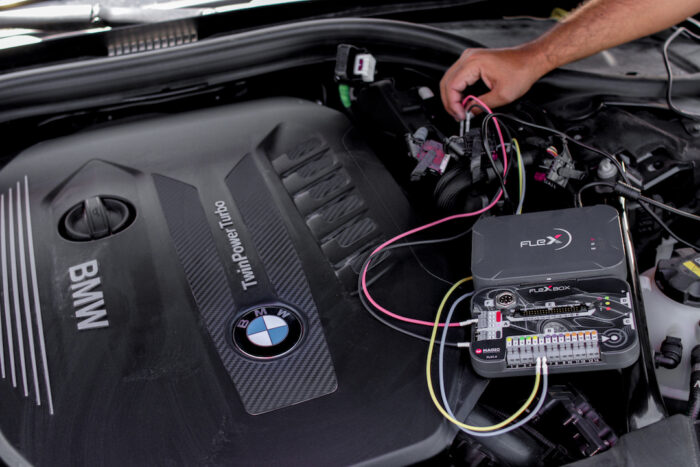
Conclusion
In summary, the choice between Master and Slave chiptuning equipment hinges on your technical expertise, budget, and the level of customization you require. Master tools offer unparalleled control and flexibility but demand a higher level of expertise and come at a premium cost. Slave tools are more accessible to beginners and are budget-friendly but have limitations due to their reliance on a Master tool.
Ultimately, the decision should align with your specific needs and preferences. Whether you’re a seasoned professional or a passionate DIY enthusiast, understanding the distinctions between Master and Slave chiptuning equipment empowers you to make the right choice for your chiptuning journey.





